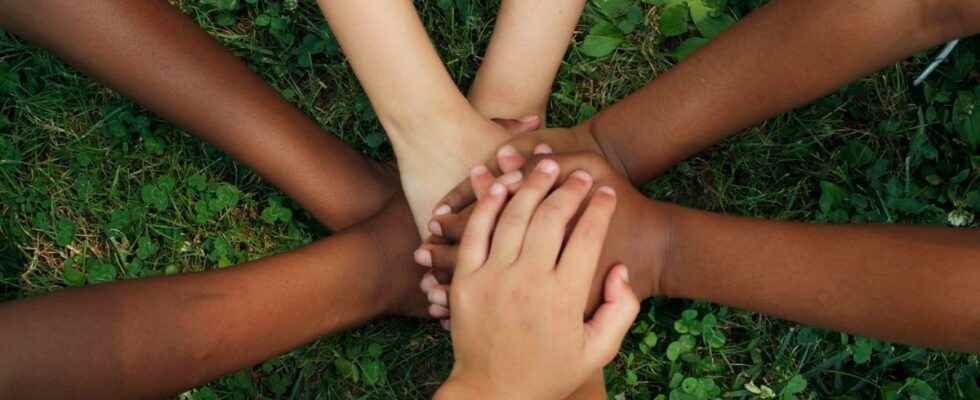Published on
Updated
Reading 2 mins.
On the occasion of World Children’s Rights Day, which takes place every year on November 20, UNICEF calls on the French government to make it one of the “priorities of the five-year term”.
A few months before the evaluation of France by the Committee on the Rights of the Child, Unicef details the situation in our country, in order to identify the main shortcomings, to detect the causes and to try to find improvements Track.
Child protection: improvement of the legislative framework
First of all, Unicef underlines the progress made by France, in particular the improvement of its legislative framework with the law of February 7, 2022 concerning the protection of children.
For Unicef, France has also favorably developed “public policies and national strategies targeting children“.
Shortcomings remain for the most vulnerable children
However, UNICEF points out the shortcomings that persist towards the most vulnerable children such as those “in a situation of extreme poverty, disability, victims of violence, entrusted to institutions, locked up or detained, or in a situation of migration“.
Inequalities that prevent them from having access to school, health or protection services. Citing the example of Guyana, Unicef is indignant at a school enrollment rate for children aged 6 to 13 of 92.6% and the overwhelming figure of 60% of children living in poverty.
Practices contrary to the International Convention on the Rights of the Child
In addition to these primary accesses, Unicef is also concerned about other elements that could harm children, in particular their mental health, their protection on the net, the consequences of climate change or the fight against pollution, in the sense wide.
Major new challenges, because at present, “a third of children aged 6-18 say they suffer from psychological disorders (especially the most vulnerable) and 3 out of 4 children breathe polluted air“. Finally, Unicef also denounces the “arbitrary refoulement at the borders, the non-repatriation of all children still held in Syria or the use of administrative detention of children“, practices that she describes as “persistent and manifestly contrary to the International Convention on the Rights of the Child (CIDE)“.
A national strategy for children’s rights
“The current context of accumulation of crises (aftermath of the pandemic, energy crisis, environmental crisis, etc.) has serious repercussions on children and adolescents, in France and around the world. However, it is the most vulnerable children, whether in a situation of extreme poverty, migration, disability, often voiceless, who are generally the hardest hit. It is for this reason that particular vigilance and support must be given to them.“, warns Adeline Hazan, president of UNICEF France.
For Unicef, the rights of the child need unity and clarity. Hence the desire to deploy a ambitious national strategy for children that Unicef calls for. For the respect of the rights of all children.
